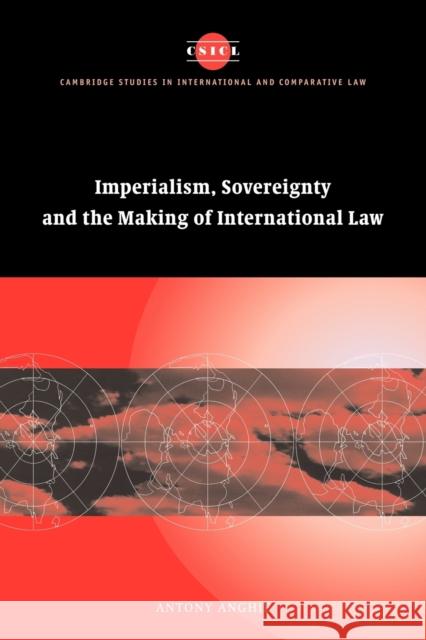Imperialism, Sovereignty and the Making of International Law » książka
topmenu
Imperialism, Sovereignty and the Making of International Law
ISBN-13: 9780521702720 / Angielski / Miękka / 2007 / 380 str.
Imperialism, Sovereignty and the Making of International Law
ISBN-13: 9780521702720 / Angielski / Miękka / 2007 / 380 str.
cena 149,26
(netto: 142,15 VAT: 5%)
Najniższa cena z 30 dni: 148,09
(netto: 142,15 VAT: 5%)
Najniższa cena z 30 dni: 148,09
Termin realizacji zamówienia:
ok. 22 dni roboczych
Bez gwarancji dostawy przed świętami
ok. 22 dni roboczych
Bez gwarancji dostawy przed świętami
Darmowa dostawa!
Examines the relationship between imperialism and international law.











